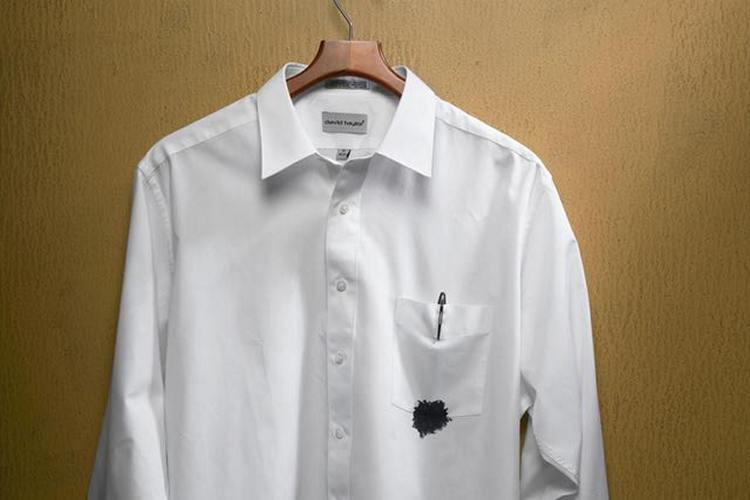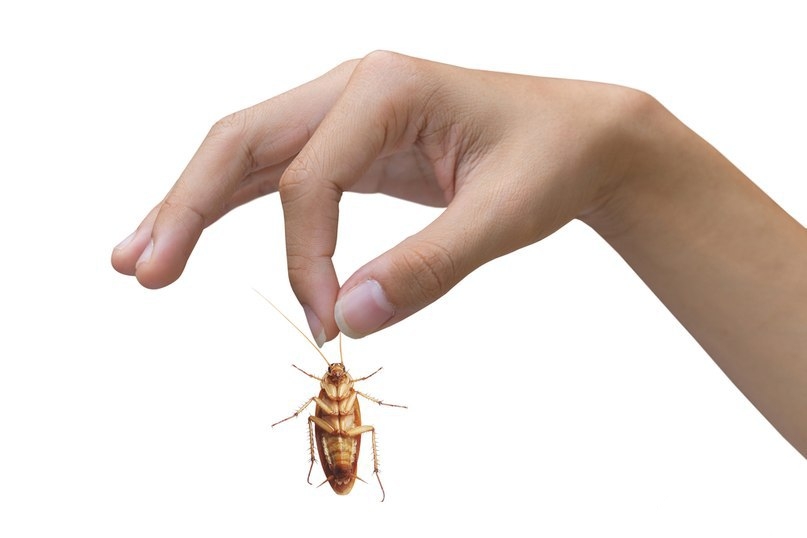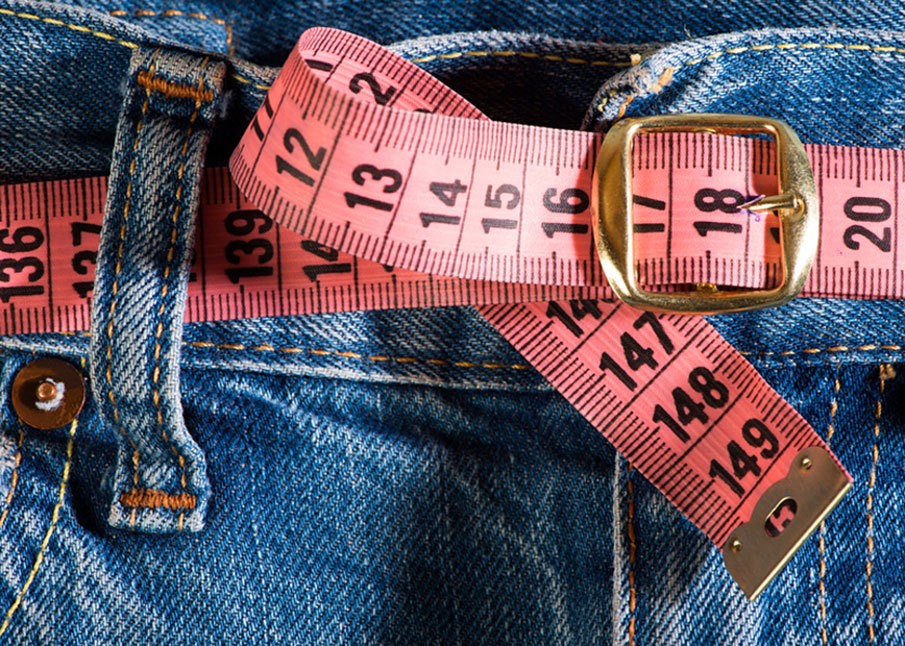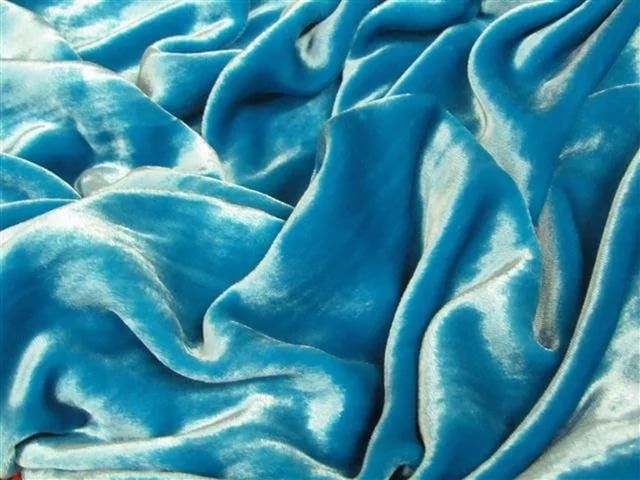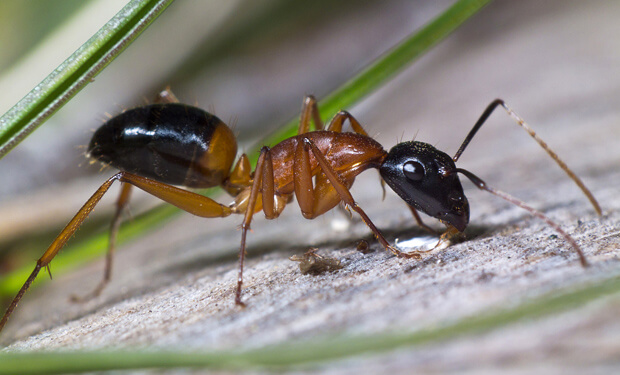Dishwashing. It would seem that what could be easier and what secrets could there be? Nevertheless, have you noticed that some housewives are exhausted from this chore, while others do it quickly and easily?
Have you noticed that in some kitchens the dishes sparkle and squeak with cleanliness and shine, while in others they look “ragged with life”, with unpleasant sticky deposits and scratches. It all comes from ignorance and failure to follow the simple rules of washing dishes after eating.
In this article we have tried to collect useful tips How to wash dishes properly Based on years of cleaning experience in apartments Maid in Your Hometown kvartira and private homes.
How to wash dishes properly?
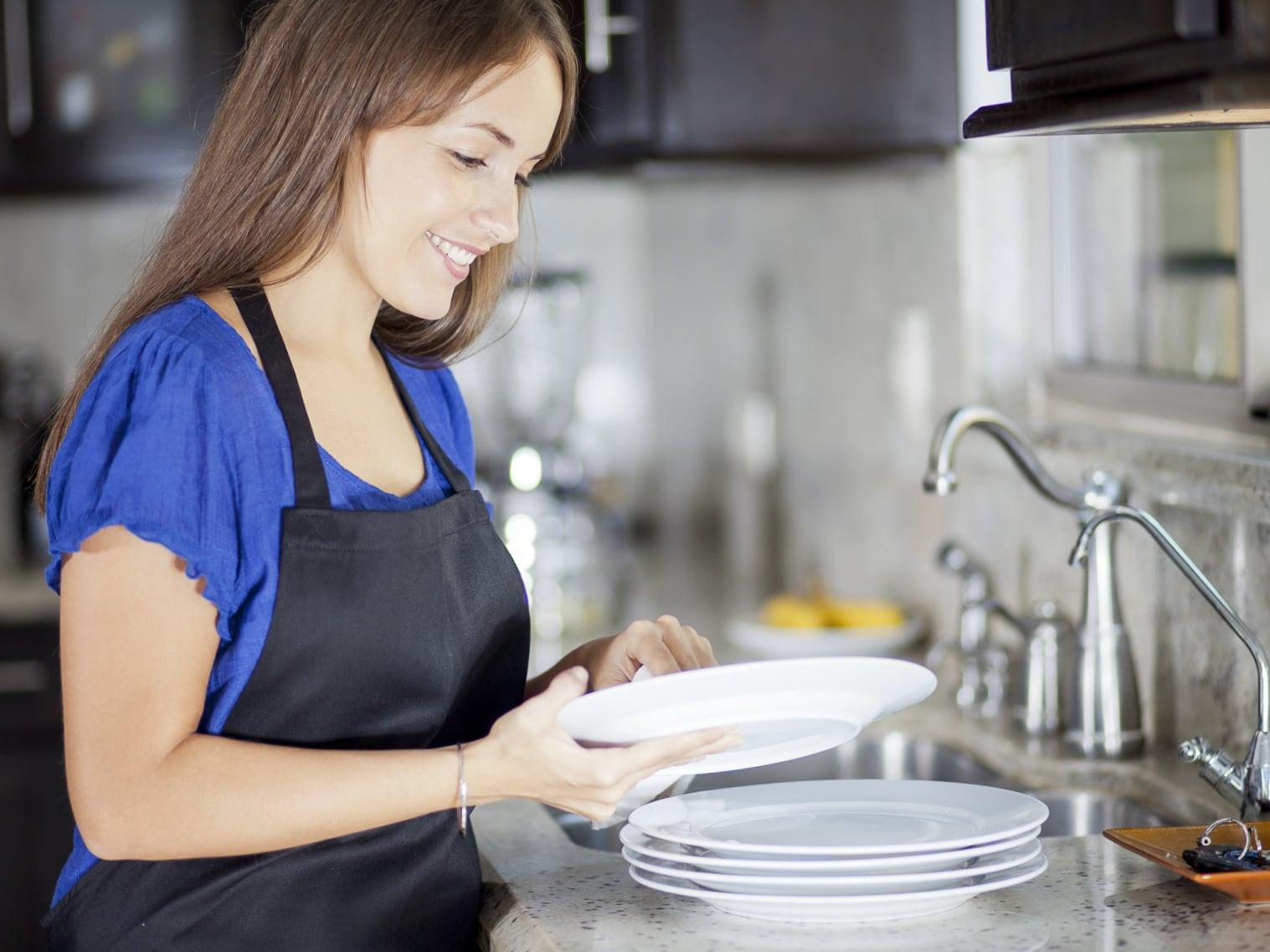
- Always start by washing the least dirty dishes first: cups, glasses or glasses after a festive meal. That way they won’t be covered by more dirty dishes (pots, pans, bowls) and a sponge or rag that was previously covered in grease and detergent.
- If you don’t have time to wash the dishes immediately after eating, it is better to soak them in warm water with a drop of detergent or baking soda. It is better not to soak dirty dishes directly in the “pool” of the sink. Leftover food, grease will settle on the walls and turn the sink into a dirty and greasy container, which will make it even harder to wash dishes. It’s better to put them in a large bowl or pot that also needs washing.
- It’s best not to pile cutlery into a soaked pile of dirty dishes. They can damage fragile items and injure your hands as you pull out the next appliance from the pile.
- Before washing dishes, it’s best to send the leftover food from the plates to the trash can. That way you won’t clog the sink drain and you won’t have to splash around in clogged, greasy water.
- Regularly change your cleaning aids: rags, sponges, brushes, and washcloths. While brushes and washcloths can still be washed and degreased after use, rags and sponges need to be changed once a week. It is in them accumulates even more germs and bacteria than near the trash can or toilet bowl.
What to consider when washing dishes made of different materials:
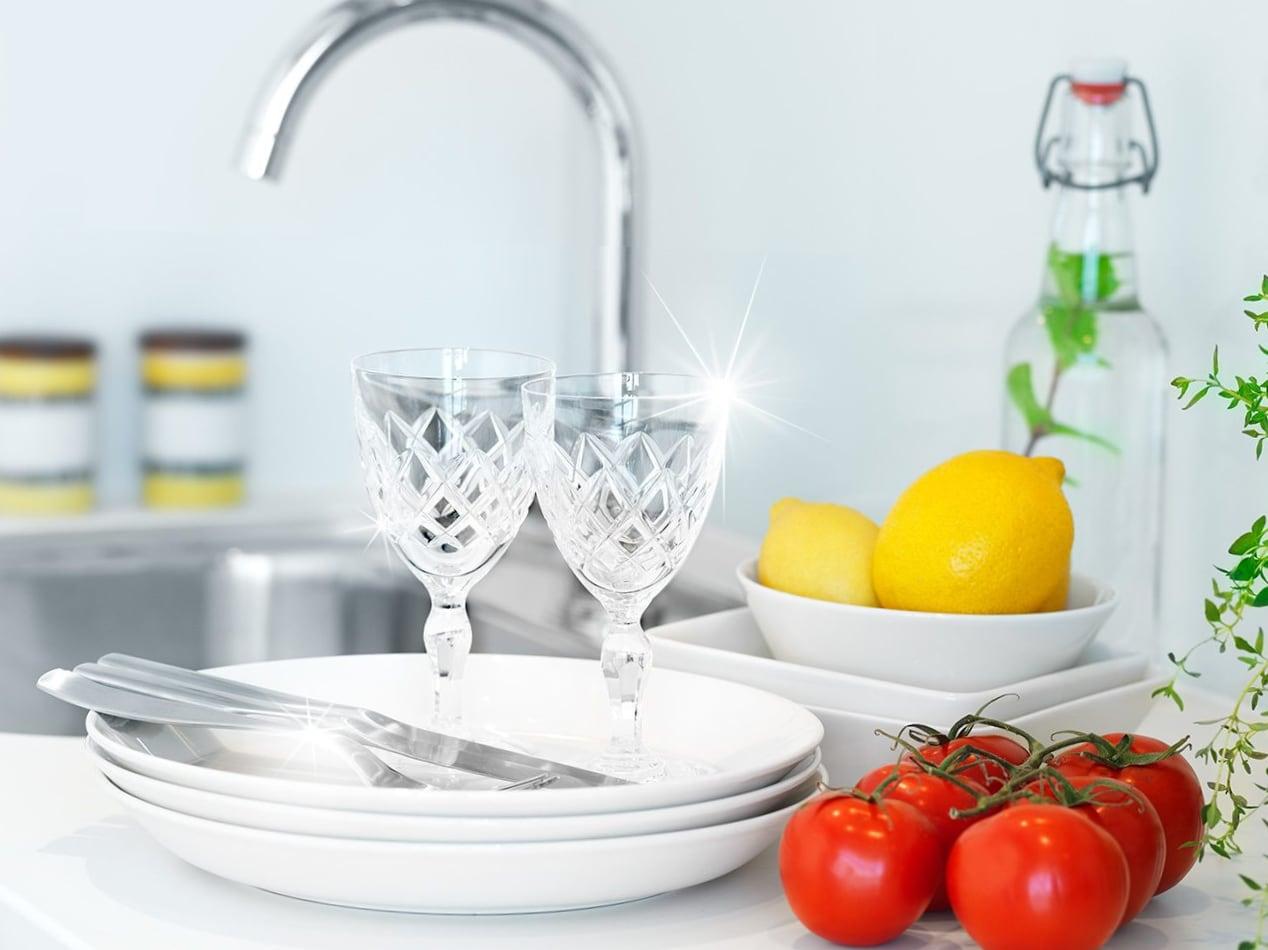
- Glassware needs gentle washing in clean running water. To avoid scratches, cracks and chips, remove all jewelry before washing. And to ensure that the glasses, flute glasses and glasses always shine, be sure to carefully rub the surface with a linen towel after washing.
- Cutlery will impress everyone with its aristocratic shine if periodically, after a thorough wash, you rub it with a little baking soda, and then rinse it again with clean water and wipe it dry.
- Coffee and tea stains from ceramic cups and mugs will go away if you rub unsightly brown circles or streaks on the inner surface with a piece of lemon.
- Crystalware should be washed separately from other dishes and always in cool, clean water. From warm and even more so from hot water, crystal tarnishes and fades.
- Earthenware tends to absorb odors and retain grease. Therefore, after emptying, for example, clay pots from a fragrant roast, you should wash them with a soapy solution, detergent or baking soda and be sure to let them dry completely in the open.
- Enamelware also needs a “personal” approach to washing. It should not be cleaned or heavily scraped with brushes and sponges with hard abrasives – you will scratch the surface. Instead, fill the areas with burnt or dried food with cold water and pour a teaspoon each of baking soda and salt. After a few hours, wash with an ordinary cloth or sponge. Also, try not to drop or bump enamelware – it is easy to chip it and leave traces of impact.
- The following method will help to get rid of cinders and baked layer of grease on metal items (pots, pans). In a large basin or vat put the dishes you want to clean, pour water, pour 6-8 tablespoons of salt and boil well. Allow the dishes to cool in this “solution”. And then take it out and wash it under running water with detergent. After that, all the soot and grease should disappear.
Tips:
- If you don’t have dish detergent on hand, dry mustard powder, baking soda and vinegar can help. They will cope with grease as well as household chemicals.
- Do not use metal sponges when washing non-stick or Teflon-coated dishes.
- A solution of vinegar and water (1:1) will give sparkling shine and cleanliness to dishes and glassware. Sprinkle it on glasses or glasses after washing and wipe dry with a linen towel.

